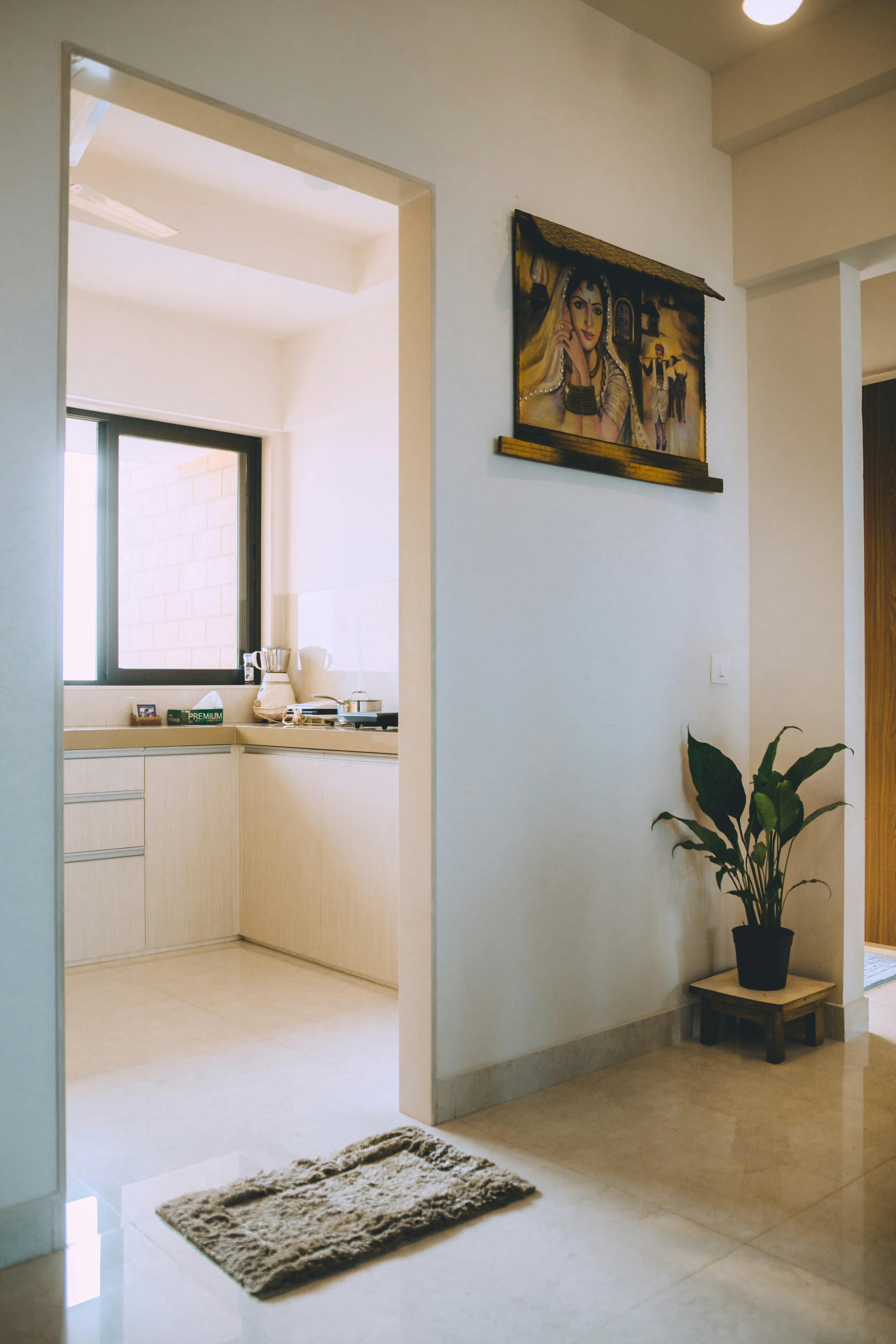Winter is here and along with the holidays, family time, and coziness many of us associate with the season, there’s something else lurking on our to-do list: winter maintenance. Winter maintenance keeps your home working the way it sure during the cold weather months, protects you and your family, and ensures you’re ready for the spring thaw. The following are some things to include on this year’s winter maintenance checklist.
1. Seal Leaks
First and foremost, make your way around your home and check out any places where there could be drafts that let your (expensive) warm air out and cold air in. Places to look closely include your doors and windows, as well as your basement. If you spot any areas of concern, caulk the gaps. If you have worn doorstops, replace them, and make sure that if you have pipes going through an exterior wall you weather strip and caulk their entry points. If you find a particularly severe problem, you may consider replacing that door or window because it can end up costing you more not to throughout the winter.
2. Reverse Your Ceiling Fans
This is an easy way to save on your heating costs this winter, but it’s something many people neglect to do. Turning your ceiling fans counterclockwise keeps warm air from rising and keeps it down below. The switch may be on the outside, and if you don’t see it there, take a peek inside the fan.
3. Check on Your Heating and Air System
You should, at a minimum change your filters when the weather gets cold, but you might want to have a professional HVAC contractor come to your house and take a look at your unit. Many companies offer yearly maintenance agreements. Having a professional come out for routine maintenance is a good thing to do as soon as possible because you don’t want to find out the hard way your system isn’t working on a cold day.
If you still have any garden hoses that are connected to outdoor faucets, take them off and store them inside. If you have pipes that you know are prone to freezing, think about using heat tape if it gets very cold where you live.
5. Clean and Maintain Your Fireplace
If you have a fireplace, you should first have it professionally cleaned before you start using it. If you don’t clean your fireplace regularly, there can be what’s called a creosote buildup in the flue. That can lead to a chimney fire.
In case there is a winter storm where you live and you can’t leave your home for a few days, or you don’t have power, make sure you have a survival kit on hand. This should include extra doses of medicines anyone in your family needs, as well as bottled water, flashlights, a phone charger that works on battery power, and extra batteries.
7. Check Smoke and Carbon Monoxide Detectors
Adequately functioning smoke and carbon monoxide detectors are always important, but especially in the winter months. Check for not only functionality but keep extra batteries on hand. Remember to check them once a month.
8. Prevent Ice Dams and Damage
Finally, ice dams that occur on the roof of your house can cause damage. You can prevent this from happening before winter fully takes hold by removing all debris from your gutter, and upgrading your attic insulation and ventilation if necessary. You should remove snow from your roof as quickly as possible if it does occur. Before winter starts, trim back any trees or bushes that could potentially become hazardous if they get heavy with snow or ice, and if one does fall, remove it promptly. There you have it—your guide to preparing for winter. Once you get these tasks done, you’ll have peace of mind as you enjoy the warmth of the season. If you're ready to buy or sell your home, contact a top agent in your community today through
EffectiveAgents.com. Photo credit: arun-sharma-jxP3Gri9pZU-unsplash


